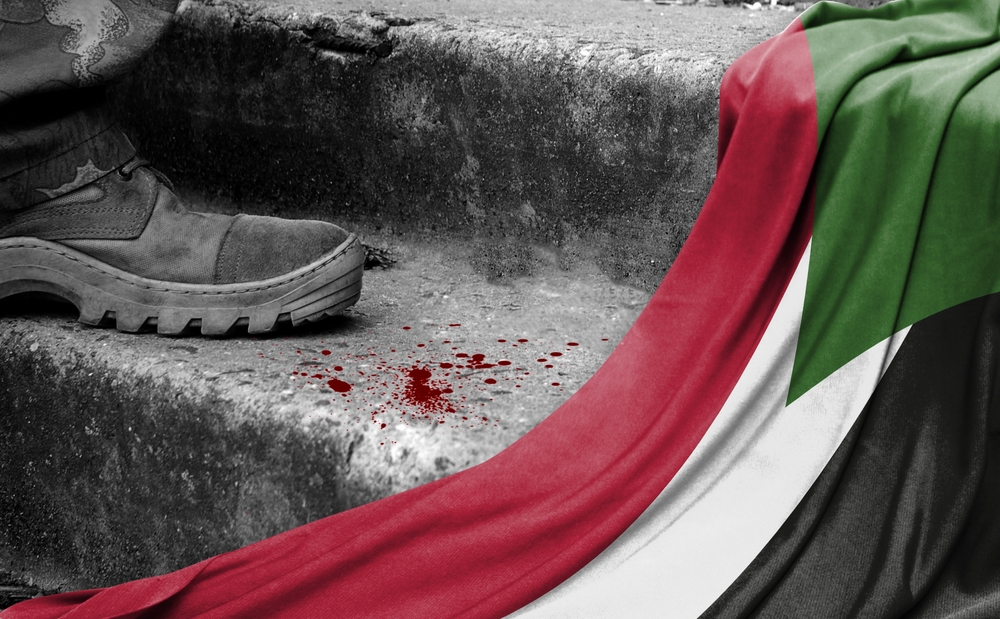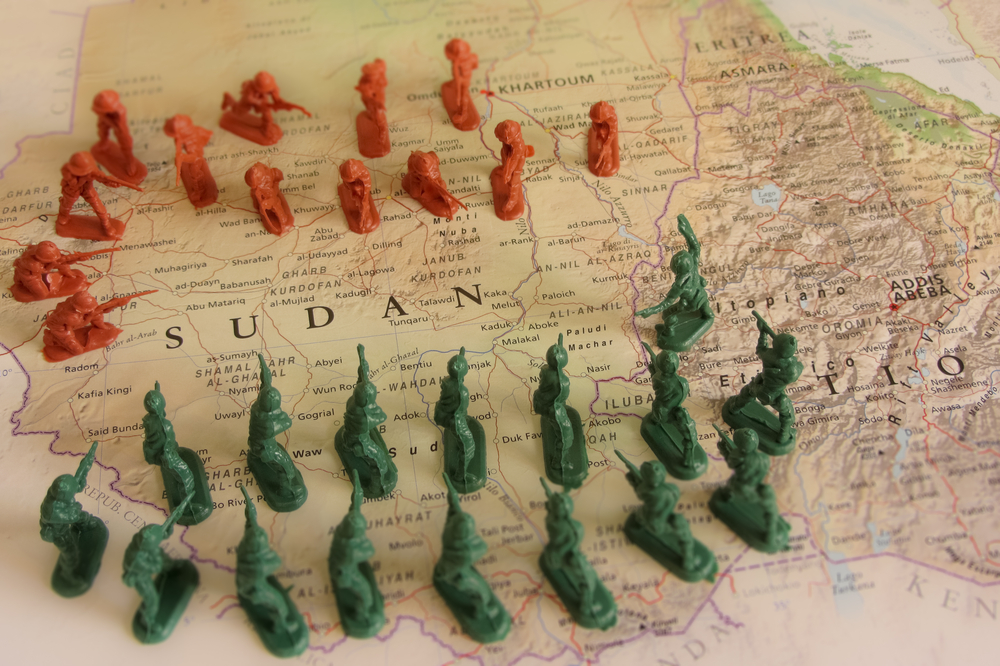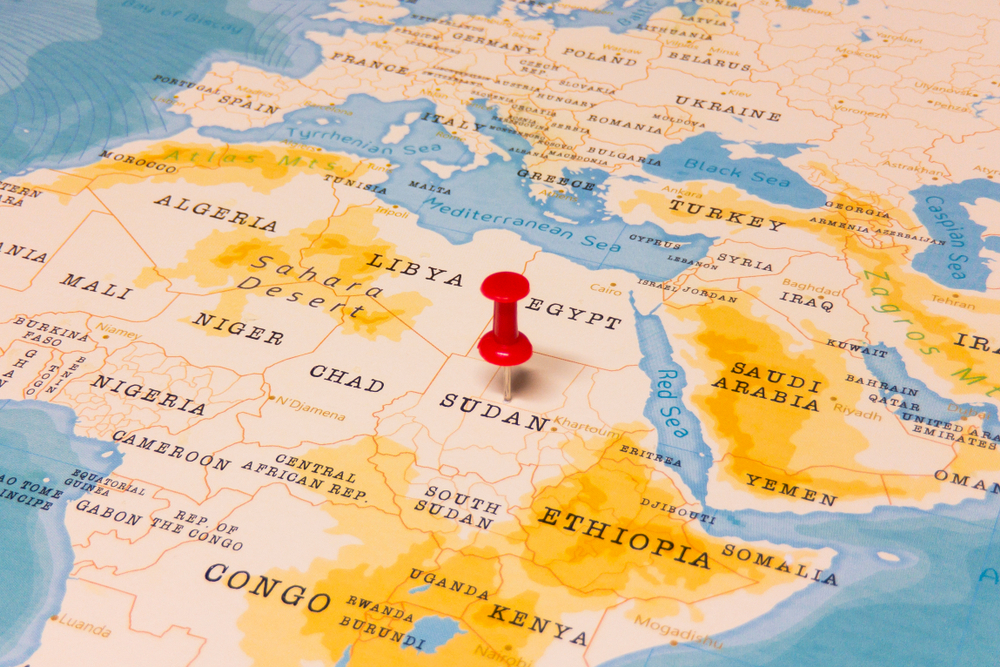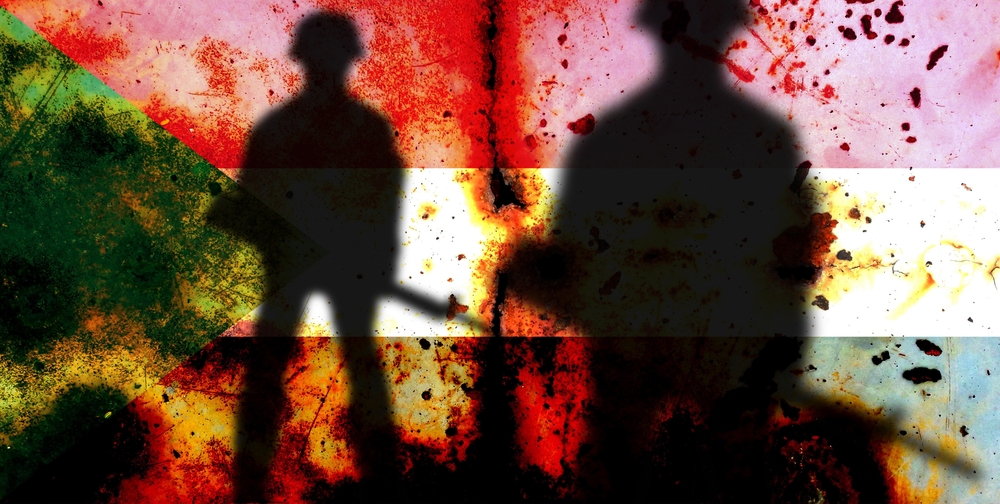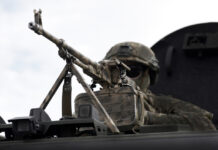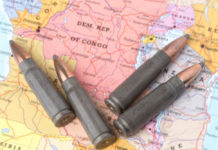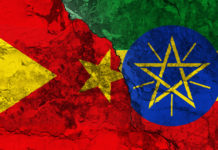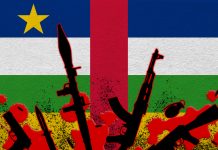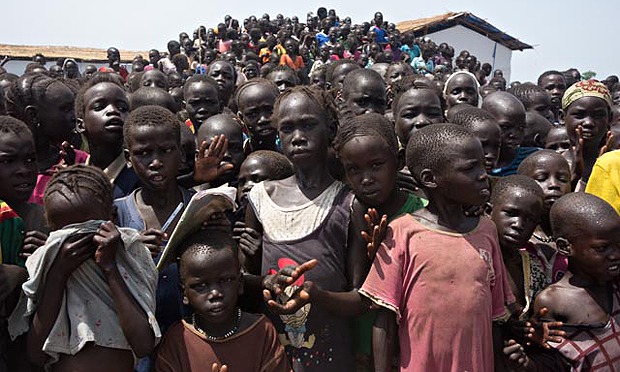The outbreak of violence this week has brought the world to the brink of a Sudan civil war. Such a conflict poses a risk for a wider regional war in Africa.
Deadly fighting broke out in Sudan over the weekend. Various media outlets report nearly 200 dead and more than 1,800 injured as of today (Tuesday), with fighting waging in the capital city of Khartoum and beyond. More than a dozen hospitals have shut down. Employees with the World Food Program and Sudanese civilians are among the growing death toll in Sudan.
Although racked with poverty and a growing food crisis, food aid to Sudan has halted due to the violence. In Sudan, more than one-third of the country’s 45 million people need this food aid to survive. Many parts of the capital city of Khartoum ran out of drinking water Monday.
Background to the Crisis in Sudan
In 2019, President Omar al-Bashir’s three-decade rule ended with his ouster from power. Widespread protests against Bashir’s rule emboldened a military coup, but the protesters were not satisfied with yet another military ruler coming to power. A temporary joint military and civilian government was established at that time, but that government was also overthrown in a coup in 2021.
Since October 2021, a joint military government split power between General Hamdan and General Burhan to temporarily lead Sudan, overwhelming the civilian voices of the temporary government in place since 2019. That power sharing agreement was supposed to be temporary and allow Sudan to transfer to democratic rule. Those hopes disintegrated over the last year as the rivalry between the two generals and their supporters intensified. In that disintegration, troops loyal to both sides, Hamdan and Burhan, have intimidated and oppressed Sudanese civilians.
In December 2022, a framework was established to return Sudan to civilian rule. The implementation of the agreement was to begin on April 11. That process failed to materialize, and in that failure, tensions between the factions of Generals Hamdan and Burhan exploded into open conflict this week.
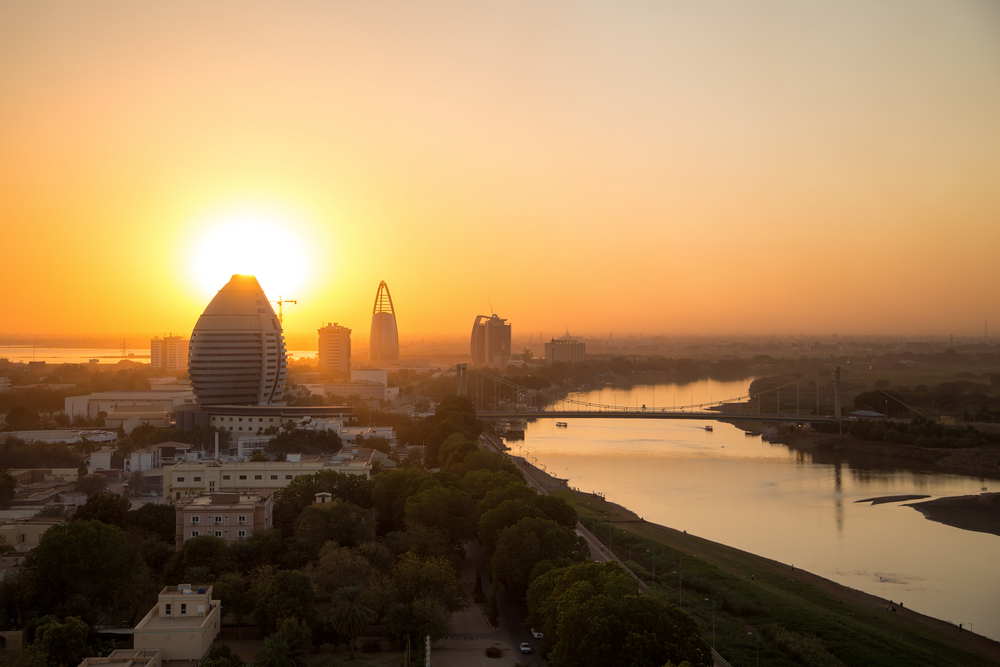
Sudan’s history is all too familiar with violence, but in recent decades such violence was usually isolated among minority ethnic groups and the surrounding countryside. The current fighting is noteworthy for its spread within the capital city of Khartoum which is not common. As the violence grows daily, there is increasing concern that Sudan will drift into the paths of Yemen and Syria with unstoppable and horrifically violent civil war. Such a civil war could suck the fragile nations of the surrounding region into war. These include Ethiopia, Chad, Egypt, and Eritrea.
The Players
Mohammad Hamdan Dagalo – Hamdan is head of the paramilitary Rapid Support Forces (RSF), which includes 100,000 soldiers and is a significant power within the country. The RSF formed in 2013 with roots to the notorious Janjaweed, which brutally fought against rebel groups in Darfur. The RSF has since deployed to conflicts in Libya and Yemen and controls many of Sudan’s gold mines. In recent years Hamdan aligned himself with Russian power brokers, including the Wagner Group, the Russian mercenary organization increasingly active in many African nations. A key sticking point in the negotiations that led to the current conflict involved how to incorporate the RSF into the Sudanese army. On Monday, the government of Sudan declared the RSF a rebel organization.
Gen. Abdel Fattah al-Burhan – Burhan heads the leadership council that has led the country since the coup in 2021. During the former presidency of al-Bashir, Burhan was the regional military commander in Darfur, where more than 300,000 people were killed and millions displaced. He quietly rose to power after the recent coups and tightened his grip on that power in recent years.
Geopolitical Issues
Sudan is Africa’s third-largest country with a long history of outside powers vying for its resources. The present conflict is not without those same interferences and issues.
Egypt – Sudan’s leading regional neighbor, Egypt, has viewed Burhan as a force for stability and even supported him militarily. In the first days of the fighting, RSF troops claimed to capture pro-Burhan Egyptian soldiers at an airport outside Khartoum. Some believe Cairo has allied with Burhan because he opposes Ethiopia’s construction of the Grand Ethiopian Renaissance Dam (GERD). Egyptians see that project as a threat to Egypt’s water supply and agriculture system.
United Arab Emirates – The UAE sees long-term strategic interests in Sudan. The UAE can project military and economic power into Yemen and the Horn of Africa through its alliance with Sudan. In December, the UAE and Sudan signed a $6 billion agreement for two UAE firms to build a new port on Sudan’s Red Sea coast.
Russia – Moscow seeks access to Sudan’s Red Sea ports for Russian warships, giving Russian ships a path to the Indian Ocean. Russia also covets Sudan’s gold mines. Many reports support the Russian mercenary organization, The Wagner Group, active in Sudan.
US and Europe – US and European interests converge to promote democracy and halt the growth of Russian influence in the region. Sudan is a flashpoint in a battle for influence between Russia and Western powers.
Additional Reading
- Regional Implications of Violent Conflict Between Sudan’s Top Military Leaders (The Soufan Center)
- How Fighting in Sudan Differs from Past Conflicts (New York Times)
- Sudan’s Wear Doctors Brave Another Crisis (Washington Post)
- In Sudan A Deadly Reckoning for Rival Forces (New Lines Magazine)
- Sudan – Why Has Fighting Broke Out (BBC)

